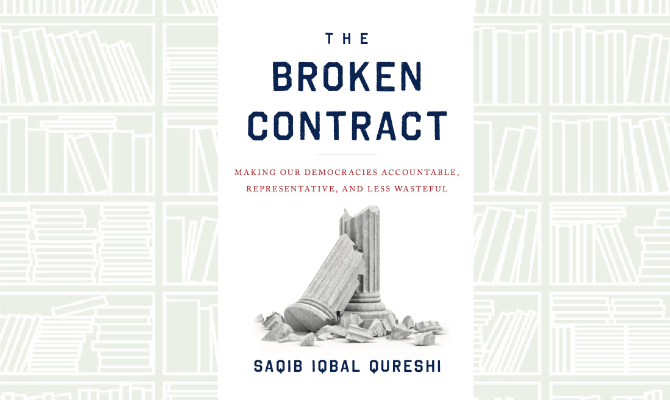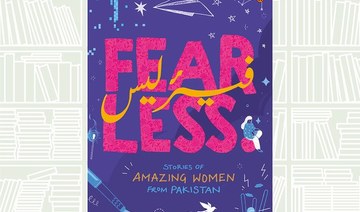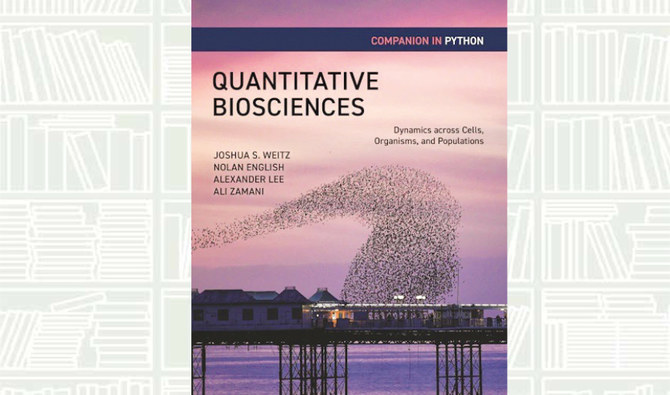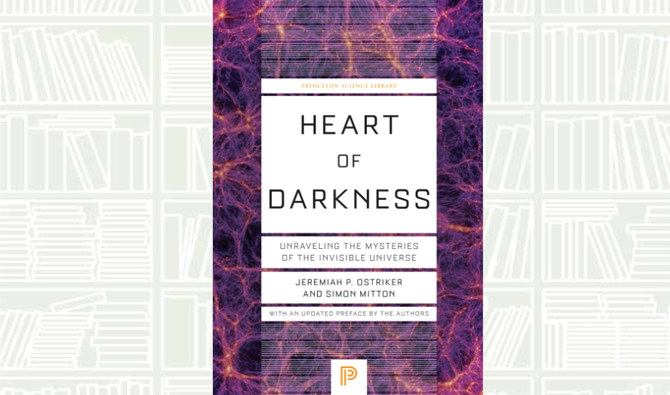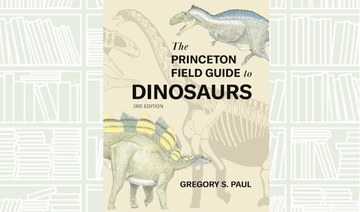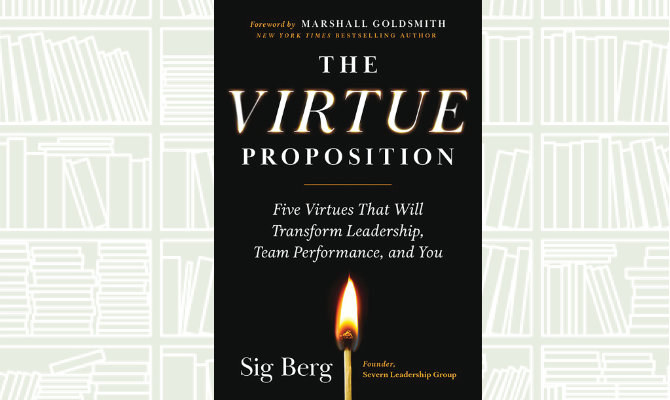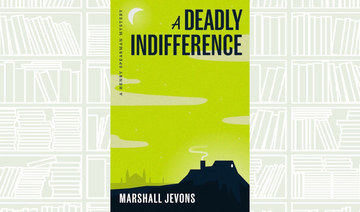Author: Dr. Saqib Iqbal Qureshi
The protests and political turbulence seen around the world in the past two years is in part a reaction against ineffective governance.
The Broken Contract: Making Our Democracies Accountable, Representative and Less Wasteful by Dr. Saqib Iqbal Qureshi offers several intriguing ideas to deal with the general malaise, which is threatening good governance.
As he points out, when even the government of North Korea describes itself as “democratic” the term is almost meaningless. Instead, we should focus on improving governance.
These are well known public policy issues but Qureshi, who worked at McKinsey, offers new insights and fresh examples, many drawn from Canada where he lives. Qureshi acted as a government consultant and draws on the experience of his long career in suggesting ways that governance can be improved. Rather than making workers “employees for life,” bureaucracies should become better human resource managers.
That means firing under performers and rewarding rising stars. This book offers other helpful advice and is available for pre-order on Amazon. You can’t fight city hall, as the saying goes, but armed with Qureshi’s book we may have a fighting chance.



